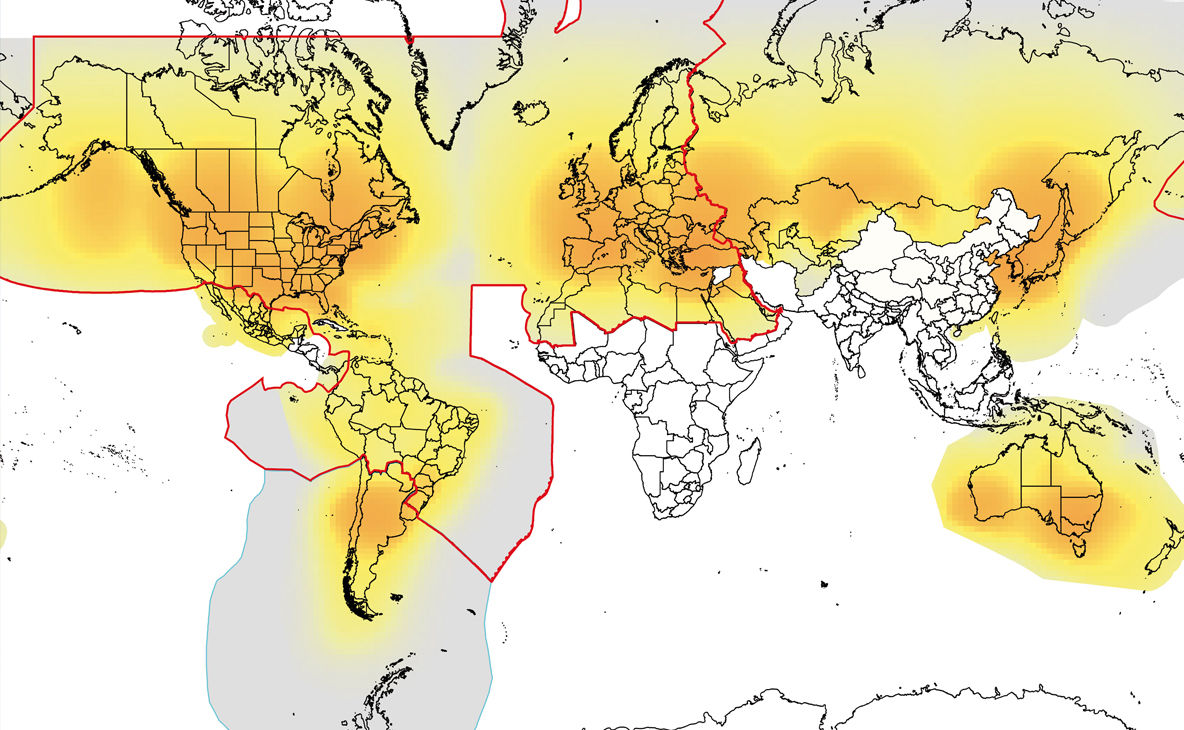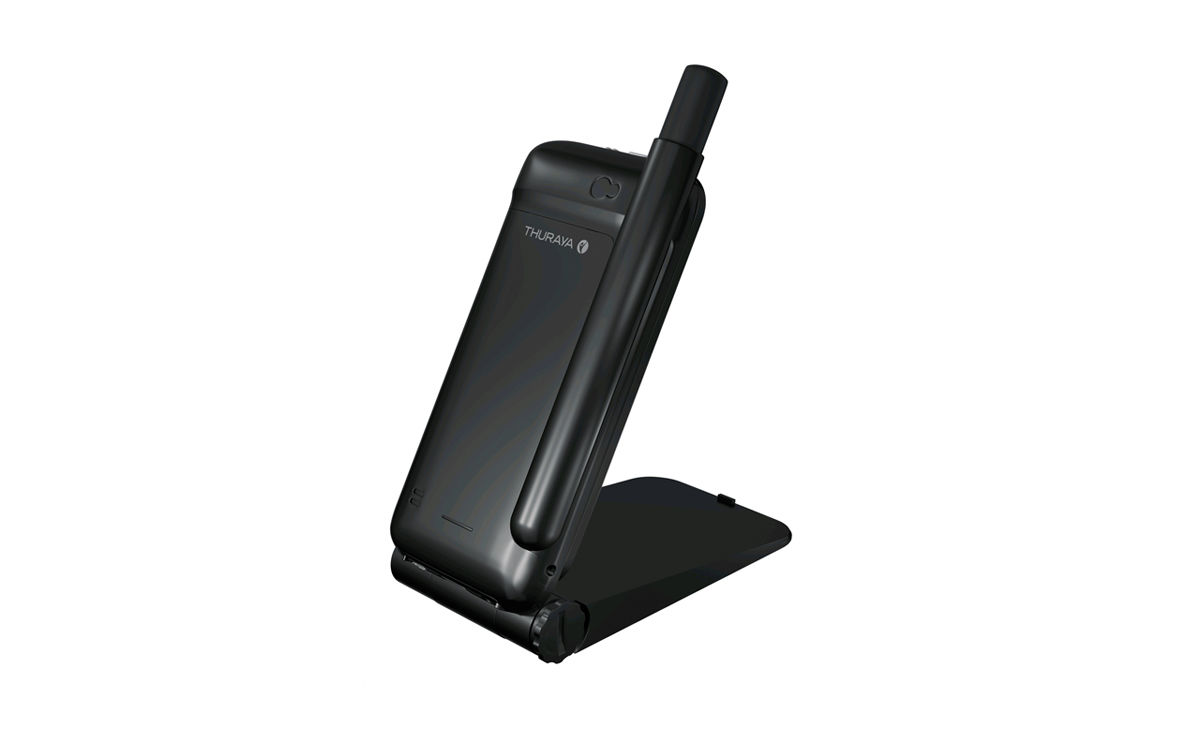
Issue #: 159
Published: May / June 2018
- Price per issue - digital : 6.20€Digital magazine
- Price per issue - print : 8.50€Print magazine
- Access to Multihulls World digital archives Digital archives
In the last edition of Multihulls World, we took stock of the means of receiving the internet when coastal cruising. At sea, once over twenty miles from the coast, these devices no longer work, and other systems are necessary to keep the connection. There are various possibilities, according to your requirements. Although domestic high speed connection is no longer possible, certain systems come close, while others allow you to just receive e-mails and weather files.
Once we move away from the coast, and above all a transmitting aerial, we lose the signal. If you have left for a passage of a hundred miles or a little more, you will be deprived of the internet for a few hours. In most cases, you will receive a signal again well before you catch sight of the coast where you are going to land. Unless you have professional requirements, you can therefore make do with your coastal means of connection. On the other hand, for long passages, or if you have to sail along a coast which is not equipped with transmitting aerials, equipping yourself with a system using the satellite networks, such as Inmarsat, Globalstar or Thuraya, or using the SSB, will be indispensable for receiving the internet. Although close to the coast it is easy to obtain a fast connection, allowing photos and even films to be sent and received for a reasonable communication cost, at sea things are more complicated, and therefore more expensive and sometimes more cumbersome, as surfing the net can only be envisaged with radome aerial systems. The most sophisticated are gyro-stabilized and have participated considerably in our dreams, by allowing us to view the images of ocean racers, but representing quite significant installation and communication costs. In the near future, our smart phones will without a doubt benefit from high speed global coverage via small satellites in low orbit, which are currently being studied by the big operators. For the moment, we have to be content with speeds in the order of 10 to 20 Kb/s, allowing e-mails to be sent and Grib files to be received via the satellite telephone or the SSB. The coverage of these networks must be closely studied, according to your cruising itinerary. Iridium covers the whole world, Inmarsat almost everything except the poles, Globalstar covers Europe, the Americas, Australia, North Africa, part of Asia and part of the Middle East. As for Thuraya, it covers Europe, the whole of the Middle East, the major part of Africa and Western Russia, and a large part of South-East Asia, along with China.

The satellite terminal is in fact a box with an aerial, which serves as a router and wi-fi access point. Globalstar, Thuraya, Inmarsat and Iridium offer different models with external aerial kits. This is today the simplest and most economical system for connecting at sea. Thuraya have recently brought out the Satsleeve for Android or iOS smart phones, consisting of a satellite base which turns your smart phone into a satellite phone. It’s an attractive alternative for using your telephone but it remains limited and doesn’t allow connection of other devices. Along the same lines, Inmarsat is offering the IsatHub, which has very good speed, but is not compatible with Windows or Mac OS.

To really connect your on-board computer to the world network, there is the Go model from Iridium. Up to five devices can be connected. It includes a downloadable application ...
What readers think
Post a comment
No comments to show.